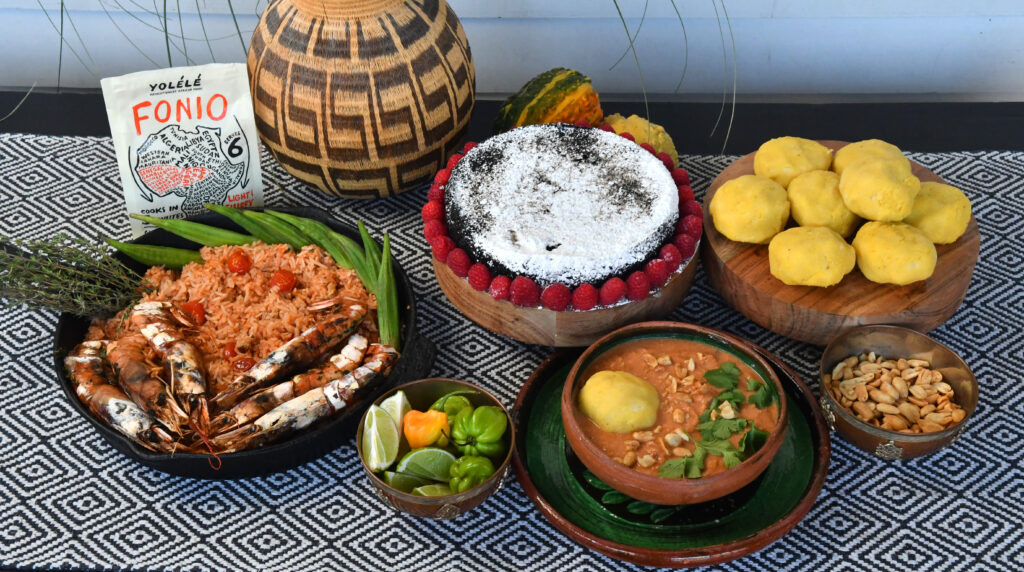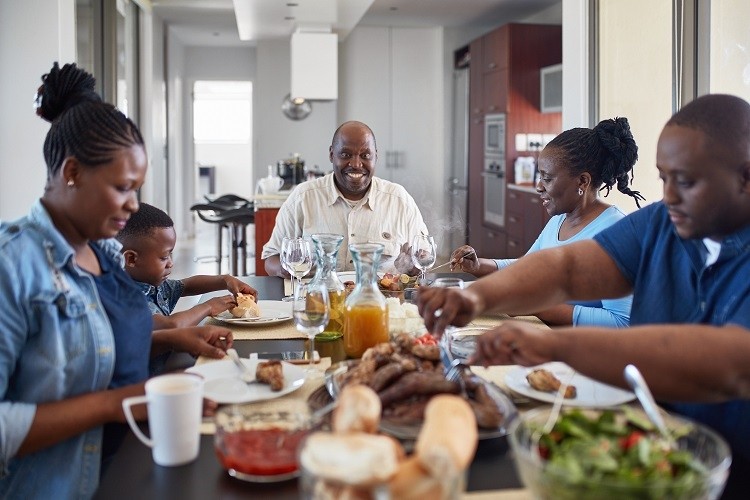There may be something distasteful in obsessing over food – but if it wasn’t for these obnoxious pioneers, nothing would ever improve
Are you a foodie, someone asked me recently. I cringed so hard that I feared something internal would pop. No, I said. What an awful thought. Overhearing this exchange, another friend laughed. Yes you are, he said. If you’re not, who is? Remembering that I had a food column to write, I reluctantly conceded the point.
It stung, all the more so a few days later when I saw a report saying the ‘London fooderati’ had been out in force at the relaunch of the Harrods Dining Hall. Nobody in their right mind would admit to being a foodie, let alone a member
of the ‘London fooderati’. I’d sooner say I was in the Cosa Nostra. Foodie is a grim word, ‘obscurely hideous’, as my colleague puts it.
But what are we meant to call those people who take their food seriously? They are undoubtedly out there: people who mind about seasonality, spend hours researching the best places to go, tell their lunch guests where the tomatoes went to school. Given that they – we – exist, it’s not unreasonable that there ought to be a word for us.
It’s a shame all the options are so unpromising. Gourmet is a horrid little word, describing the kind of person you’d dread to eat with. Worse still is gourmand, which brings to mind Mr Creosote in Monty Python, bloated to explosion by his wafer-thin mint. Gastronome sounds like something you have on your lawn. Bon vivant is a synonym for drunk. Nobody knows what epicure means.

It’s telling that all these words are all of classical and French origin, even the ones that aren’t explicitly French. There’s no punchy little Anglo-Saxon term doing the same work. It reflects a well-rooted suspicion among the British elite of those who mind too much about food. Passing comment on the food, even praise, was a no-no in aristocratic dining rooms.
Cooking was something done by servants, and it wasn’t the Done Thing to comment on those activities. In January 1985, the novelist Angela Carter, perhaps not coincidentally a recovering anorexic, reviewed The Official Foodie Handbook for the London Review of Books. She decried what she saw as ‘piggery triumphant’ and ‘conspicuous gluttony’, especially at a time when Ethiopia was struck by famine. A quest for a perfect melon was ‘genuinely decadent’.
In a society that eats well anyway, perhaps obsessing over food is a sign of gluttony. If you happen to live on an island where fresh fish leap out of the sea on to your grill, and the land spews fruit and vegetables, being fussy about this stuff is a poor priority. But that’s hardly the case in Britain, where we have only had olive oil for a generation, and stuff our faces with salty, fatty, sugary, supermarket pap. Britain has record obesity and diabetes rates not because of foodies, but because there aren’t enough of them.
Yes, there is something distasteful in obsessing about having the best thing, of seeking the new restaurant, or ingredient, or technique, or minding about where your beetroot came from. But if it wasn’t for the actions of obnoxious pioneers, nothing would improve. They are like those bees who decide to set out at random, often to their deaths, but without whom new flowers would never be found. In minding about food, these brave soldiers sacrifice their dignity so that others might eat better. Hail the foodies, whatever you call them.

